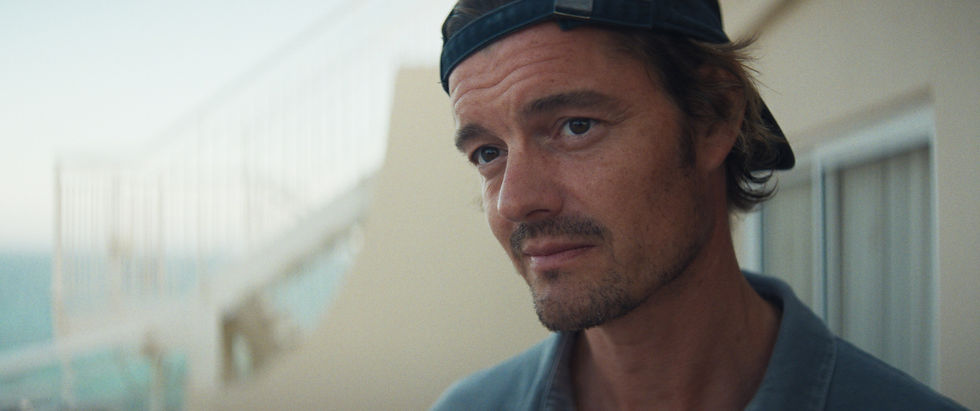THE REAL CHARLIE CHAPLIN
- Kathleen Bondar

- Feb 19, 2022
- 2 min read
Updated: Sep 10, 2022
DIRECTORS: PETER MIDDLETON, JAMES SPINNEY
UK 2021. 114MIN
IN CINEMAS 18 REBRUARY 2022

REVIEW by KATHLEEN BONDAR
It might be something to do with revisiting a well-trod subject – let’s face it, Charles Chaplin has been documented for decades and even warrants an entire museum, formerly his chateau, in Switzerland where he lived in exile until his death – because this slick documentary feels a little familiar.
On the face of it, The Real Charlie Chaplin is a classic, chronological account of key events in life of the great comedic actor and Hollywood director Charles Chaplin. Using footage from newsreels, cuts from Chaplin’s films, interviews with relatives and associates, photographs and home movies. But directors Peter Middleton and James Spinney have another card up their sleeves - previously unheard tapes of an extended interview with Life magazine reporter Richard Meryman in 1966. The tapes are heralded as another dimension to this world-recognised character that was Charlie Chaplin. Whatever. Whether he can be defined as cockney, comedian, communist and/or cheat, the subject is colourful enough anyway.
The first half of the documentary begins with endless clips of Chaplin’s early years as an abandoned orphan in London’s East End and his rise to fame as “The Little Man” – the slapstick tramp - when he emigrates to the States. There is copious footage of his films including The Gold Rush 1925 and Modern Times 1936, made without speech in the early silent era with just captions and live piano music and examples of his comedic talent which proved universally popular. He made 36 films for Keystone Studios before branching out with his own films.
When Chaplin makes his first talking movie, a satire on Hitler, The Great Dictator 1940, the documentary takes a political turn. In short, Chaplin outed himself as a socialist to a conservative American public. J. Edgar Hoover, the first director of the FBI, hounded Charlie Chaplin for “un-American activity” as a communist. Hedda Hopper, the Hollywood gossip columnist brought him down: “I’d like to run every one of those rats out of the country. And start with Charlie Chaplin.” When a young woman, Joan Barry, accuses Chaplin of making her pregnant, despite his vindication, his reputation is destroyed.
Chaplin sells his Hollywood empire and retreats to Switzerland with his fourth wife Oona O’Neill (daughter of the great playwright Eugene O’Neill) and their children Geraldine and Michael. His endeavours with later films fail to cement a comeback. Geraldine says of her father: “He needed an audience. He was a comedian.” Michael admits he was frightened of his father. Eventually, in 1972, a more progressive America welcomes Chaplin back. He receives an Honorary Oscar and Hollywood stages a grand return. In 1975 he is knighted by the Queen. The Real Charlie Chaplin ends with a vindication and yet, perhaps unintentionally, it exposes a darker, destroyed character.


